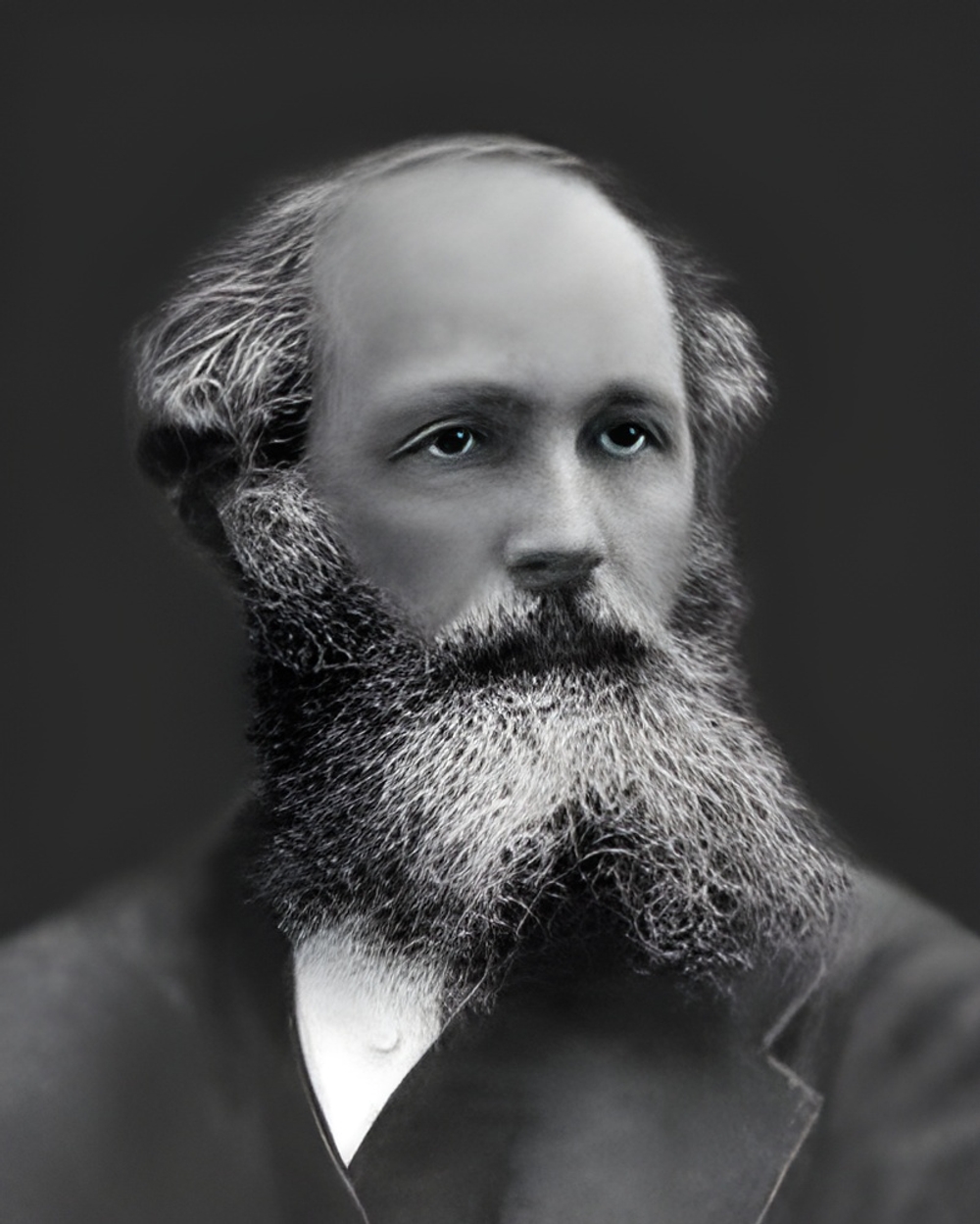Published
- 3 min read
Some People You Might Not Know that Changed the World

In Science I can’t really agree with the notion of a GOAT or “most influential person”. Progress and discovery are so deeply entwined with collaboration and simultaneous development that saying, “Well, this guy created the field” is disingenuous. Even trying to arbitrate a delineation in “when” someone can claim that they discovered something on their own feels too narrow in scope.
For me, as I really enjoy EE, Mathematics, and Physics, I’ll say the following people had insane resumes:
James Clerk Maxwell - Formalized and expanded upon a lot of existing foundations to develop his own set of equations that were used to form the backbone of classical electromagnetism, and predicted that light was an electromagnetic wave.
Michael Faraday - Found evidence that a changing magnetic field could induce electromotive force —aka electromagnetism. His work was used in Maxwell’s equations
André-Marie Ampère - Proved that electric current produce magnetic fields, and established Amperes Law. His work was inspired from Ørsted ’s.
Hans Christian Ørsted - Observed and predicted that electric current induces magnetic fields. His and Ampere’s work was used in Maxwell’s formal equation set.
Carl Friedrich Gauss - Developed and formalized a lot of electrostatic and magnetostatic equations that were then expanded upon by others. Also used in Maxwell’s equations.
Most of these individuals were working at the same time and for the most part aware of the others contributions and progress. That’s how science works and has always worked. Nikola Tesla was a great and influential inventor that needed the groundwork others laid before him.
Heinrich Hertz proved Maxwell’s assumption that light was an electromagnetic wave and immediately thought nothing of it. When asked about the applications of his finding, he replied, “It’s of no use whatsoever.” Others applied his work in ways he never imagined.
Even those who worked at Bell Labs during the golden era of computing were able to make the strides they did because they were around other great minds. Discovery is by and large a collaborative effort.
If you’re ever bored, I also highly recommend reading about the lives of these and other great scientists. It’s often as dramatic as real life can get, and puts into perspective just how human they were, which I think is important to remember, as anyone who is dedicated can and has made great strides, no genius-level intellect required.
Amendment 1
I’ve decided to use this as a reference page for anyone new I learn about.
- Emily Noether - German mathematician who specialized in symmetry, and who rectified Eintstein’s General Theory of Relativity in regards to its assumptions around conservation. Her work demonstrated that energy, mass, and other properties are indeed lost at large enough time-scales through effusion out of localized frames, suggesting that the transition itself is a lossy act. Many of her contemporaries considered her to be the most important woman in the history of mathematics.